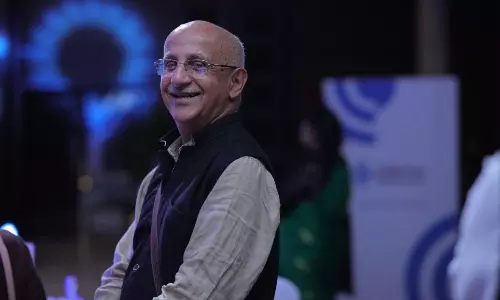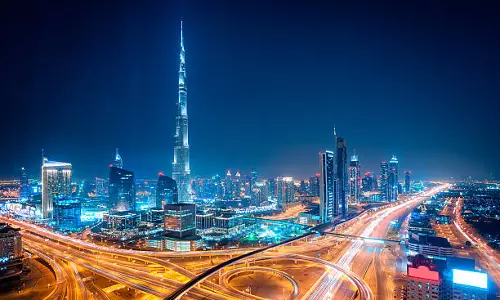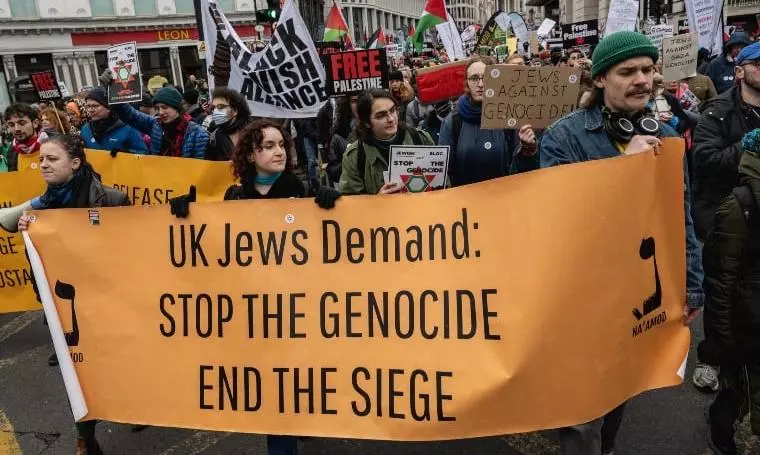
‘Israel’s soul is being ripped out’: British Jews condemn Gaza brutality
text_fieldsThirty-six out of the 300 members of the Board of Deputies of British Jews (BDBJ) signed a letter decrying the State of Israel’s brutalisation of Palestinian civilians in Gaza. The letter stated that they had striven to suppress their criticism of Israel out of a sense of ethno-religious solidarity, but declared: “We cannot in good conscience support the continued military operations in Gaza which have caused immense suffering to innocent civilians.”
Israel’s crimes had been so vile, so prolific, and so calculated that common humanity compelled them to speak out. The signatories added, “Israel’s soul is being ripped out.” They noted, “Our criticism comes from a place of profound love for Israel and Jewish values.”
Jews often state that the sanctity of life is the core Judaic ethic. There is a Jewish adage that whomsoever saves one person, it is as if he saved the entire world. Judaism traditionally opposes suicide.
Founded in 1760, the BDBJ has over 300 members. It functions, informally, as the parliament of the Jewish community, although it holds no legislative power. It exists to express the community’s views to the government and wider society.
The signatories to the letter should not be overstated. The majority of the BDBJ did not append their signatures. There remain many British Jews who are firmly supportive of Netanyahu’s actions, despite widespread international condemnation.
There are organisations such as Independent Jewish Voices (IJV), made up of British Jews who do not automatically support Israel. One of IJV’s most well-known figures is Sir Stephen Fry, a prominent writer and actor. He is Jewish on his mother’s side. Sir Stephen supports Israel’s existence and believes that Israel should not parley with Hamas, since Hamas seeks to annihilate Israel. However, he has also criticised Israel’s grossly excessive use of force.
Haredi Jews, sometimes called Ultra-Orthodox Jews, form a distinctive and conservative segment of the Jewish population. The term Haredim means ‘zealous’, and they exhibit zeal in their religious observance. The movement emerged in 17th-century Poland. The men often dress in the style of that era, while the women wear modest contemporary clothing reflecting the country they live in.
Their attire reflects a deliberate disinterest in fashion or outward appearance, and they tend to keep secular society at arm’s length. The Haredim spend much of their time studying the Bible and other Jewish texts. Girls marry at the youngest legal age, always through arranged marriages. The boys typically marry a little later, around 21. They have large families — the average is seven children.
Most Haredim perished in the Holocaust, partly because their distinctive dress, beards, and sidelocks made it impossible to hide. They also tended to speak Yiddish — a Germanic language written in the Hebrew alphabet — fluently. Yiddish was common among Jews in Germany, Ukraine, Romania, Poland, and elsewhere. Secular Jews, by contrast, often dressed like the general European population, were clean-shaven, spoke multiple languages, and sometimes managed to pass as Gentiles or escape Europe before 1942.
Some Haredim reject Zionism. They argue that Judaism is a religion, not a nationality. They point out that many early Zionists were secular or even atheist, and viewed Jewish identity in ethnic or cultural terms rather than spiritual ones. The first Zionists were often socialists or liberals.
A prominent anti-Zionist Haredi rabbi from New York, Zalman Teitelbaum, has attended anti-Zionist protests and visited Iran as a guest of its government. There are also London-based rabbis who take a similar view.
These anti-Zionist rabbis note that Jewish theology teaches that Jews shall only return to the Promised Land when the Messiah comes. For Jews to found a state before the coming of the Messiah is, they argue, a grave sin.
Iran allows its Jewish citizens to practise their religion freely. The Jewish community in Iran even has guaranteed representation in the Iranian Majlis (parliament). Iranian Jews regularly denounce Israel.
Haredim often avoid political involvement. When they do engage, it is usually on the conservative side. Significant Haredi communities exist outside Israel, notably in New York, Toronto, London, Paris, and Antwerp. Many Haredim dislike the label “Ultra-Orthodox.”
It must be stressed that most Haredim are, in fact, Zionists. Many reside in Israel and are Israeli citizens. In 1948, they made up just 5% of the Israeli population, but now they constitute over 20%. This demographic growth is driven by their high fertility rate.
Israel exempts Haredi men from military service. These men are usually Biblical scholars and devote their time to the study of the Torah and Talmud. As a result, they typically do not work. Haredi women, meanwhile, are often engaged in full-time childcare. Many Haredi families are poor and depend on state welfare. Affluent secular Jews often provide private donations as well.
In contrast to the 6.1 fertility rate among the Haredim, secular Jews in Israel have a fertility rate of 1.6, in line with most Western countries. This is contributing to a significant demographic shift. The secular Jews who fund the economy and serve in the military are declining as a proportion of society, while the Haredim, who largely abstain from work and military service, are growing. This dynamic has led the Israeli government to seek to remove its exemptions from military service.
It is important to note that not all Jews are Zionists — and indeed, most Zionists are not Jewish. Many Christian fundamentalists in the United States are among the most fervent Zionists.
The Old Testament of the Bible says the Holy Land (i.e. Israel) was originally inhabited by Canaanites, but was given by God to the Jews. The Bible permits the Children of Israel (i.e. the Jews) to attack the Canaanites, kill their men even if they surrender, take their women as concubines, steal their cattle, and dispossess them of their land. Some Christian fundamentalists now claim Palestinians are the modern Canaanites and have no rights.
Israel does not permit independent journalists to enter Gaza unless embedded with the Israeli Defence Forces (IDF). Journalists in IDF units see only what the military allows them to witness.
This restriction appears designed to conceal the reality on the ground, suggesting that the Israeli government is aware of the severity of its actions and wishes to suppress damning evidence. While Israel claims it bars journalists for their own safety, its record undermines this claim. Israel has been accused of killing over 200 journalists in Gaza — more than any other country in recent memory.
When French journalists were killed by the Assad regime in Syria, the French government condemned it as a war crime. The same charge now applies.
























